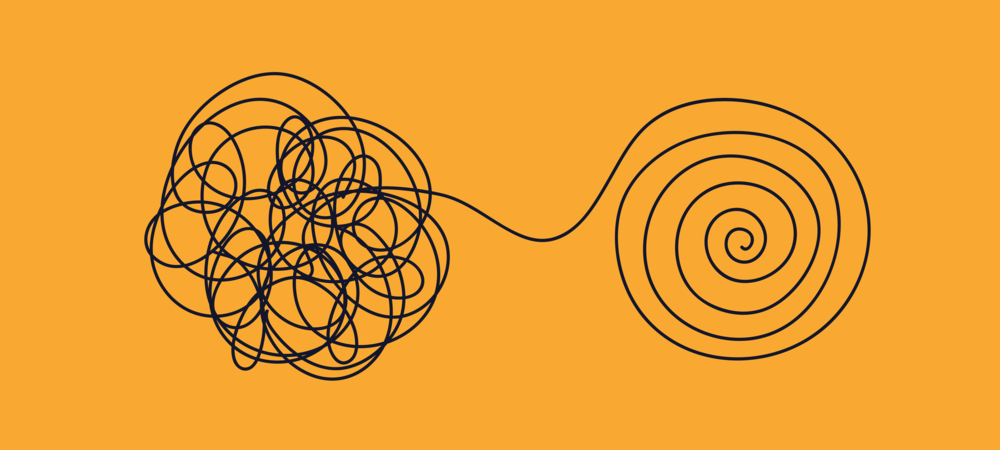Coaching vs. Therapy


Enquire Now
Coaching vs. Therapy: Understanding the Difference?
Whether you’re looking for coaching for personal growth or therapy to help you reach your professional goals, it’s essential to understand how they differ. While the two have some similarities, they’re not the same. This blog will explore the differences between coaching and therapy. We will also look at how they can work in different situations so you can decide which one is right for you.
Definition and Purpose
Coaching is a form of self-improvement that helps individuals identify and follow their goals through a collaborative, action-oriented approach. Coaches and clients work together to recognize their core values, strengths, and objectives and then create a plan to assist them in achieving these goals. The coach and client relationship is often viewed as collaborative, with the coach facilitating the client’s progress towards achieving their goals.
On the other hand, Therapy is a form of mental health treatment that seeks to address underlying issues and develop coping strategies. Therapy is often used when individuals struggle with significant emotional difficulties, providing a safe and supportive atmosphere to work through their problems.
Coaching and its benefits
Coaching is a personal and professional growth approach distinguished by collaboration and focusing on achieving goals. It aims to help individuals clarify their objectives, recognize possible challenges, and develop strategies to address them. Coaches offer support, direction, and responsibility to help individuals attain their goals. Coaching prepares individuals to become aware of their goals and objectives and develop the capacity to make sensible decisions and solve problems.

Therapy and its benefits
Therapy is a process of treatment that addresses emotional, psychological, and mental health problems. Therapists work with people to help them heal from past trauma, manage mental health issues, and improve their overall health. Therapy involves examining long-term emotions, beliefs, and behavior patterns to support healing and personal development.
Therapy can help you develop a positive impact on perceiving realities. The right treatment can make you feel better mentally and emotionally, improve your coping skills, and help you manage stress. Proper guidance enables you to work through past trauma and heal from emotional wounds. It allows you to develop a new perspective on life and feel more confident and accepted in your skin.
Key Differences
Knowing the distinctions between coaching and Therapy is essential to determine which approach suits your needs. Both forms of support involve the involvement of a trained professional. However, they have distinct definitions and objectives.
Training and Credentials
Coaches usually have a degree in a specific field, like business or health, and may have completed a certification program. Therapists, however, must have a degree in mental health, like psychology or counseling, and must be licensed in their state.
Focus and Approach
Coaching and Therapy are different. The former focuses on the future and is action-oriented. Coaches help clients figure out what they want to achieve and use other techniques and strategies, like setting goals, being accountable, and using positive reinforcement to help them reach their goals.
Coach / Trainer
Sivakumar Padmanabhan
Vijaya Madhavi
Therapists focus on exploring and understanding the past and present through techniques like talk therapy and cognitive behavior therapy. Treatment aims to help people work through their issues and improve their mental health and overall well-being.
Coaching and Therapy are great ways to help people improve their lives, but they have different focuses, approaches, and objectives. Knowing the differences between the two can help you decide which one is right for you. Whether you’re looking for personal growth or help with emotional and mental health issues, both can give you the support and advice you need to make the most of your life.





